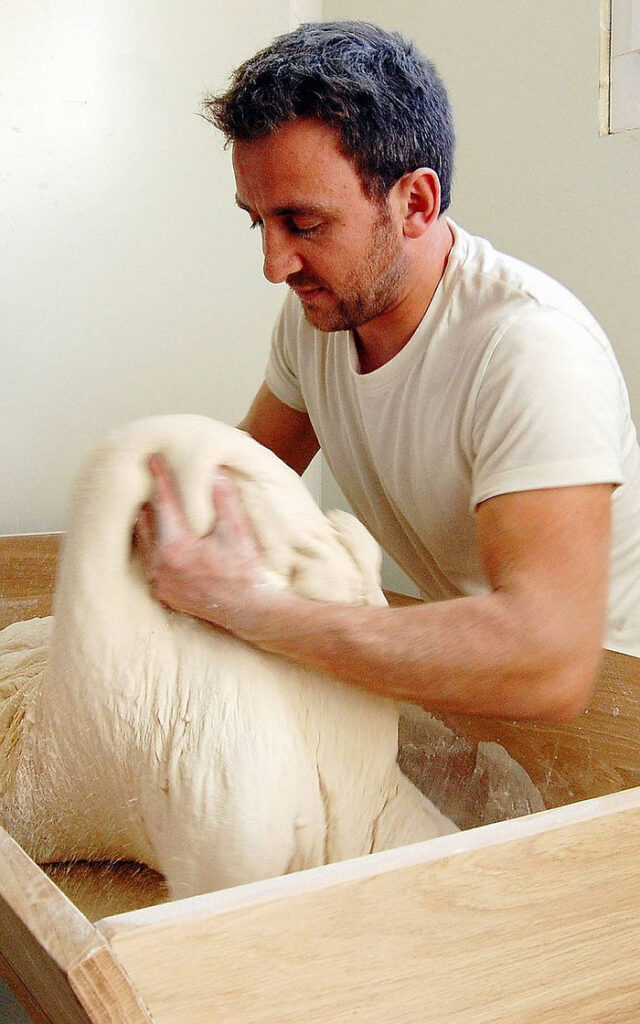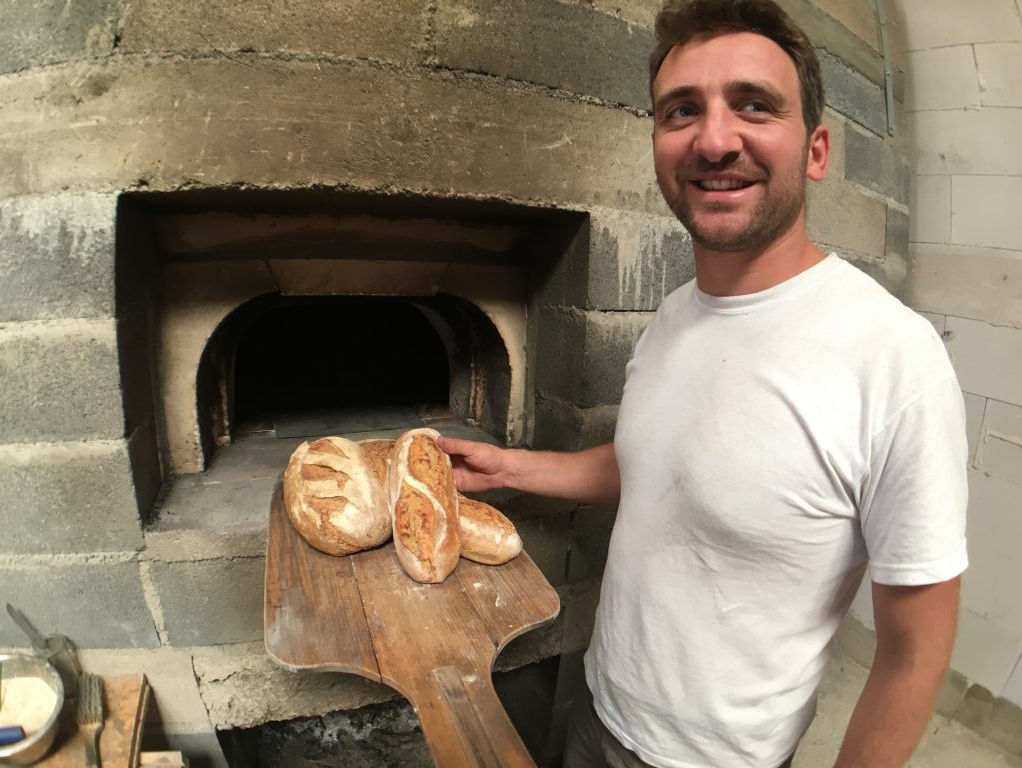Setting up as a farmer-baker is a lifestyle choice that must be guided by passion. To grow cereals, turn them into flour, and create bread, pastries, biscuits or pasta, you need to be organised, have a plan of action and faultless equipment. But what strategy should you adopt to make a name for yourself? Should you expand your product range? How do you go about meeting customers and developing your business?
Extending the product range: a good idea or a bad one?
When it comes to differentiation, there are a number of strategies that can be considered. One of these is to broaden the product range, to give consumers more choice and attract more people.

This decision was prompted by a simple observation: the French are eating less and less bread. As a result, many local bakers are trying to attract customers with innovative recipes, for example by expanding the snacking range. Bread with bacon, olives and cheese, tarts and savoury brioches of all kinds…
The problem with this technique of broadening the product range is that the baker can quickly get lost. He won’t know where to turn, and will have to find supplies from other suppliers (of cheese or lard, for example) if he can’t produce all the ingredients himself. Consumers will be less clear about how products are made, even though they want to know everything about the food on their plates… without any improvement in quality.
After all, what drives the French to shun traditional white bread is the quest for quality…
What bread are the French eating less of?
The French are eating less and less white bread! But not all breads are being shunned. On closer inspection, the French are actually looking for breads that are healthier, easier to digest and richer in essential nutrients.
White bread contains only refined, oxidised flour, with little of the proteins, minerals or vitamins that are naturally present. The ground flour is difficult to digest, and is leading to a growing number of intolerances among consumers.
So there’s no need to add a few lardons or a few pieces of cheese to white flour products!
No, the idea is to solve a fundamental problem, and stop producing more, and produce better!
Use only healthy ingredients that you produce yourself. Wholemeal bread made with unrefined flour and cereals, biscuits made with buckwheat flour, organic pasta made with wholemeal wheat… Yes, what holds consumers back is eating ingredients that are harmful to their health. So by finding solutions that directly address this problem, you’re opting for a winning strategy!

Developing your network
If you want to make a name for yourself as a quality farmer-baker, you need to be careful about selecting your distribution channels.
Having a presence at farmers’ markets, in addition to selling in your own shop, can also be a good way of making yourself known at the start of your business.
Alongside other local producers, you can reinforce your image as a local business: selling through short distribution channels is thus promoted, and you can reach the hearts of consumers who want to take back control of their food from A to Z!
Learning a new trade to make a name for yourself
If bakers want to make a name for themselves, it’s essential that they have full control over their value chain. There are several ways of doing this:
- Take a course in soil science and agronomy, and you’ll be able to understand how soils evolve under changing climatic conditions, so you can make the most of them and succeed in producing more nutritious cereals, while respecting the soil: the key to higher yields and better quality!
- Learn how to preserve your cereal and transform it without oxidising it, to obtain quality flour. The Astrié mill will be your greatest ally!
If you want to make a name for yourself as a farmer-baker, there’s no doubt about it: you’re going to have to refocus on what’s essential for the consumer! And what matters to them is that we take care of their health. So if you want to win back the hearts of the French with your bread, don’t forget to focus on quality!



